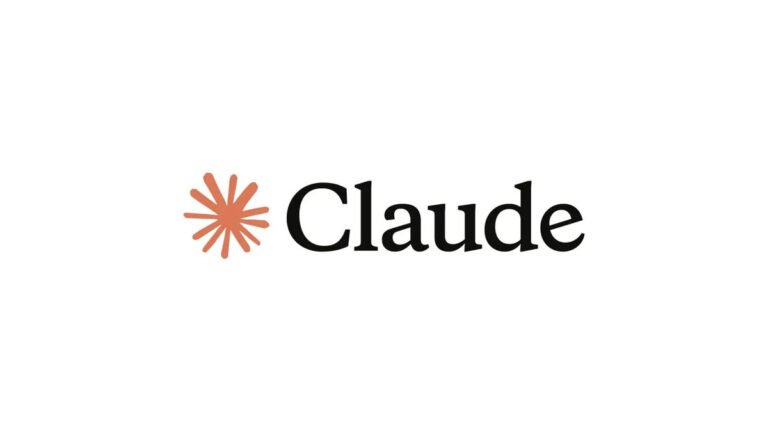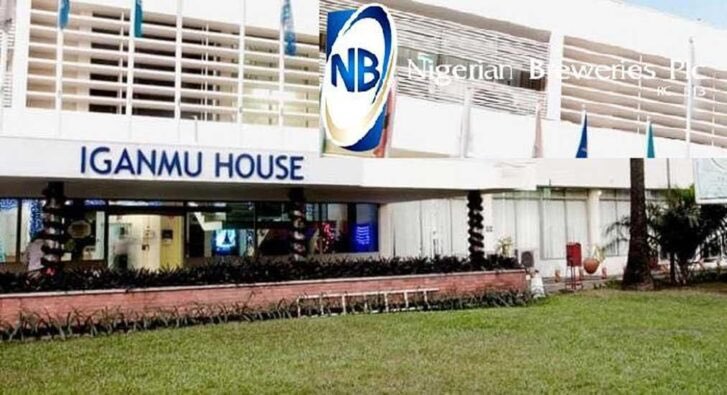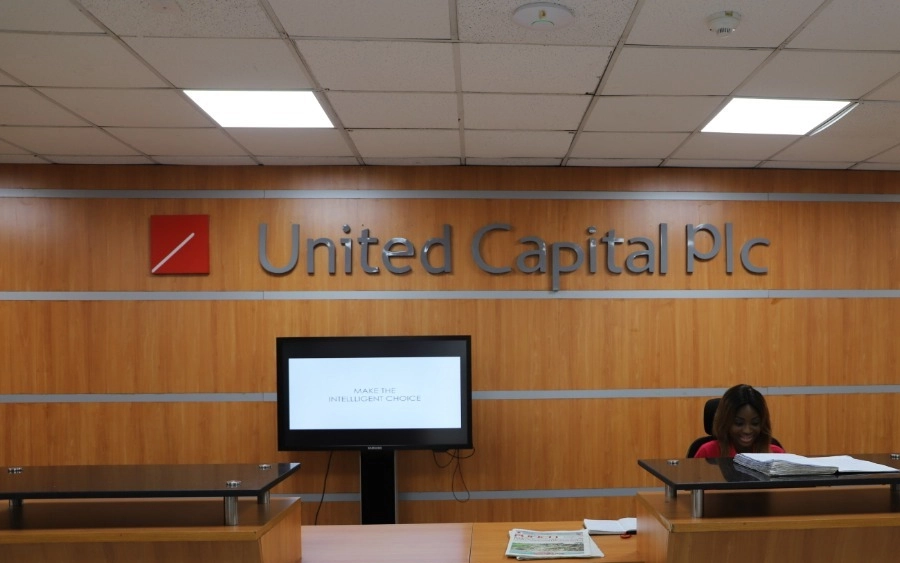Nigeria’s Letter of Credit (LC) transactions for international trade surged by 3.7% year-on-year in the first four months of 2025, hitting $268 million, according to data released by the Central Bank of Nigeria (CBN) on Sunday.
This uptick, rising from $258.46 million in the same period of 2024, signals a modest boost in trade finance activity despite persistent foreign exchange (FX) pressures and soaring external debt servicing costs.
Letters of Credit serve as vital banking tools, ensuring exporters receive payment once goods are shipped and documents are submitted, underpinning trust in cross-border trade.
Also Read:
- Decline in international trade: Nigeria’s letter of credit payments drops by 63% in Q1 2024
- Consumer Credit: Ecobank Partners CrediCorp to Expand Access to Credit in Nigeria
- National Credit Guarantee Company Nigeria (NCGC) 2025: Revolutionizing Credit Access in Nigeria
- Nigeria’s exports projected to reach $127 billion by 2030
Yet, monthly LC figures revealed stark volatility across the year.
- January 2025 saw a robust 10.7% increase to $64.55 million compared to $58.33 million in January 2024.
- February 2025 dropped by 6.8%, reaching $95.59 million from $102.6 million the previous year.
- March 2025 plummeted 19.4% to $43.53 million, down from $54.03 million in March 2024.
- April 2025 edged down 1.6% to $64.29 million from $65.36 million in April 2024.
Month-to-month swings further underscored instability: a 48% leap from January to February, a 54.4% crash in March, and a 47.7% recovery in April.
Meanwhile, Nigeria’s external debt servicing costs skyrocketed, with $2.01 billion spent from January to April 2025—a 50% jump from the prior year.
This burden now swallows over 75% of the nation’s FX outflows, sparking fears over the sustainability of trade finance and import funding.
Despite this, Nigeria’s external reserves held steady at $38.56 billion as of May 22, 2025, supported by FX reforms, higher oil revenues, and diaspora remittances, per the CBN.
Still, small and mid-sized importers struggle to secure FX for LCs, often turning to prepayments due to limited access.
Analysts see the LC rise as a flicker of cautious optimism, tied to improved FX management and reserve stability in Nigeria’s external sector.
However, they caution that escalating debt repayments could choke future FX availability for trade, with exchange rate volatility threatening import schedules.
They stress that structural reforms are essential to bolster and broaden trade finance access amid these economic headwinds.


























